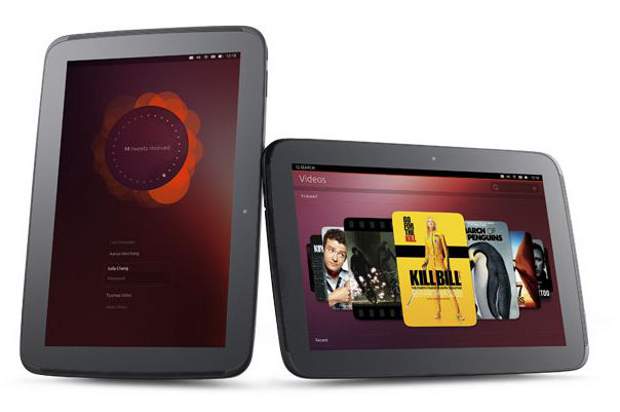Canonical, makers of Ubunutu operating system, has launched a new version of its Ubuntu operating system for tablets. Canonical calls it the next step towards one unified family of experiences for personal computing on phones, tablets, PCs and TVs. However, there is no word when tablets with the operating system will be unveiled.
“Multi-tasking productivity meets elegance and rigorous security in our tablet experience. Our family of interfaces now scales across all screens, so your phone can provide tablet, PC and TV experiences when you dock it,” said Mark Shuttleworth, founder of Ubuntu and Canonical.
The new operating system claims to offer real multitasking, which allows a phone App on the screen at the same time as a tablet app. It also addresses security concerns with multiple accounts on one tablet with full Encryption for personal data, combined with the Ubuntu security model that is widely used in banks, governments and sensitive environments.
The interface also has voice controlled heads-up display; screen edges are used for navigation between apps, settings and controls. So you get buttons only when you swipe on the edges. No physical or soft buttons are required.
With the new OS media is presented on the customisable home screen, which can search hundreds of sources. This is aimed at carriers and content owners that want to highlight their own content, while still providing access to a global catalogue.
The tablet interface is presented by exactly the same OS and code that provides the phone, PC and TV interfaces, enabling true device convergence. Ubuntu is uniquely designed to scale smoothly across all form factors.
The Ubuntu tablet interface supports screen sizes from 6 inch to 20 inch and resolutions from 100 to 450 PPI.
Oren Horev, lead designer for the Ubuntu tablet experience said, “Not only do we integrate phone apps in a distinctive way, we shift from tablet to PC very smoothly in convergence devices.”
Ubuntu offers a full PC experience when the tablet is docked to a keyboard, with access to remote Windows applications over standard protocols from Microsoft, Citrix, VMware and Wyse. “An Ubuntu tablet is a secure thin client that can be managed with the same tools as any Ubuntu server or desktop,” said Stephane Verdy, who leads enterprise desktop and thin client products at Canonical.
Even without chipset-specific optimisation, Ubuntu performs beautifully on entry level hardware. “Our four-year engagement with ARM has shaped Ubuntu for mobile” said Rick Spencer, vice president, Ubuntu Engineering at Canonical.
Ubuntu is also compatible with Linux-oriented Board Support Package (BSP). This means Ubuntu is easy to enable on most Chipset designs that are currently running Android.
The Preview SDK, which currently supports phone app development, will now be updated to support tablet apps
as well. Uniquely, on Ubuntu, developers can create a single application that works on the phone, tablet, PC and TV because it is the same system and all services work across all form factors.


